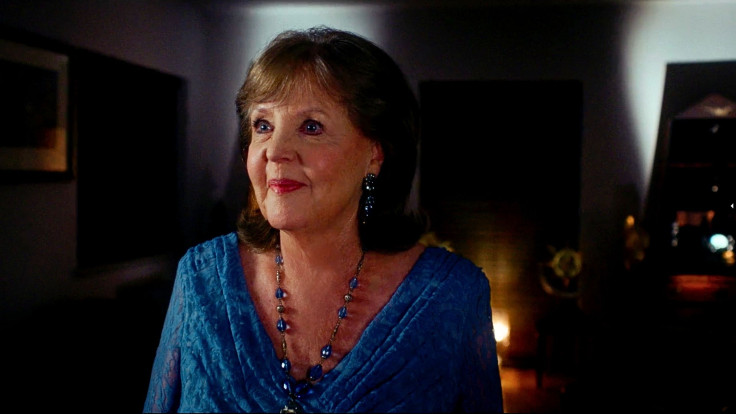Pauline Collins' Cause of Death: Is Parkinson's Disease Preventable?

KEY POINTS
- Oscar-nominated actress dies peacefully aged 85
- Understanding Parkinson's: The world's fastest-growing neurological condition
- Can Parkinson's disease be prevented?
Beloved actress Pauline Collins, best known for her Oscar-nominated role in Shirley Valentine (1989), has died aged 85 in a London care home, surrounded by her family. Her loved ones shared that she passed 'peacefully' after several years living with Parkinson's disease, a progressive neurological condition that affects movement and mental health.
Collins' family remembered her as a 'bright, sparky, witty presence' whose warmth transcended the screen. Her husband, fellow actor John Alderton, described her as a 'remarkable star' who brought out the best in everyone she worked with. The actress, who also starred in Upstairs, Downstairs and City of Joy, leaves behind an extraordinary legacy of resilience and grace.
Understanding Parkinson's Disease
According to Parkinson's Europe, the condition arises when the brain loses its ability to produce dopamine, a chemical essential for controlling movement. Parkinson's is progressive, meaning symptoms develop gradually and worsen over time. Common motor symptoms include tremors, muscle rigidity, and slowness of movement, while non-motor symptoms can involve depression, fatigue, and difficulty sleeping.
Globally, the World Health Organization (WHO) estimates that more than 8.5 million people are living with Parkinson's. The disease caused over 329,000 deaths in 2019, marking an increase of more than 100% since 2000. Men are slightly more likely to develop the condition than women, and risk increases with age.

While Parkinson's disease is not directly life-threatening, it can severely impact quality of life and often requires long-term care. In Collins' case, her family credited her carers for their 'dignity, compassion, and love', emphasising that she remained joyful and full of energy even in her final years.
Can Parkinson's Be Prevented?
At present, there is no known way to prevent Parkinson's disease. Its causes remain unclear, though researchers believe both genetic and environmental factors contribute. Some studies have linked exposure to pesticides, air pollution, and certain chemicals with increased risk, while others suggest that mutations in specific genes may predispose individuals to the condition.
However, research continues into neuroprotection—ways to slow or stop the loss of dopamine-producing cells in the brain. Promising approaches include regular exercise, maintaining mental stimulation, and consuming foods high in antioxidants such as green tea and turmeric. Though none are proven to be preventive measures, they are believed to support brain health and delay progression.
Advances in Treatment and Care
While there is no cure, Parkinson's can be managed effectively with a combination of medication, physiotherapy, and lifestyle adjustments. The most widely used treatment is levodopa, which the body converts into dopamine, alleviating stiffness and slowness of movement. For more advanced cases, deep brain stimulation (DBS) can help regulate brain activity and improve motor control.
In recent years, new treatments like focused ultrasound therapy and personalised medication regimens have improved the outlook for patients. Rehabilitation programmes also play a vital role in enhancing mobility and independence, while support for carers—often family members—remains a critical part of holistic care.
A Legacy That Transcends the Screen
Pauline Collins' passing not only marks the end of an era in British cinema but also renews public awareness about the impact of Parkinson's disease on families and carers worldwide.
As research continues, experts stress the importance of early diagnosis, ongoing exercise, and emotional support in living well with Parkinson's.
Her family's words perhaps say it best: 'We hope you will remember her at the height of her powers — joyful, full of energy, and brimming with life.'
© Copyright IBTimes 2025. All rights reserved.





















